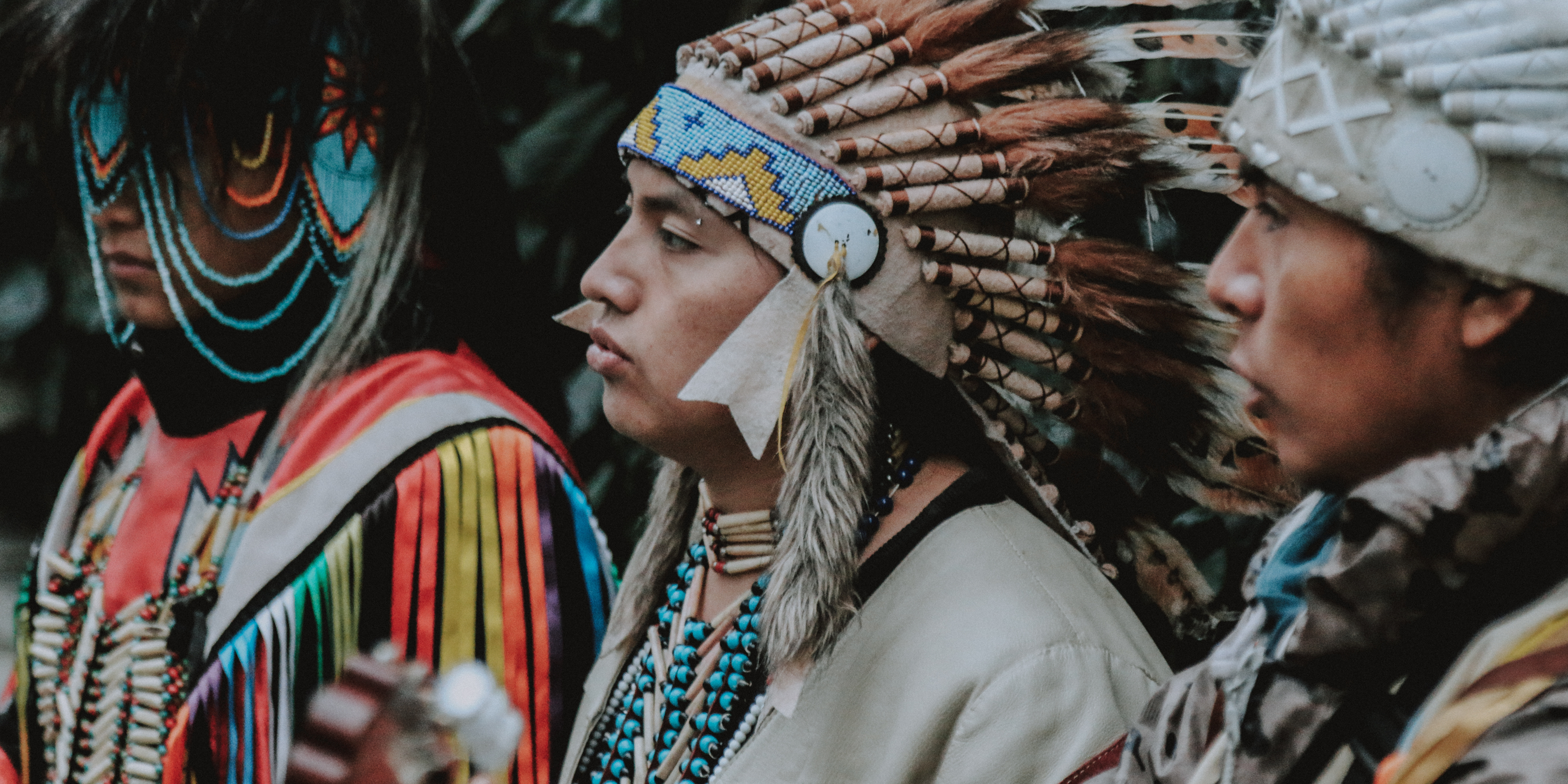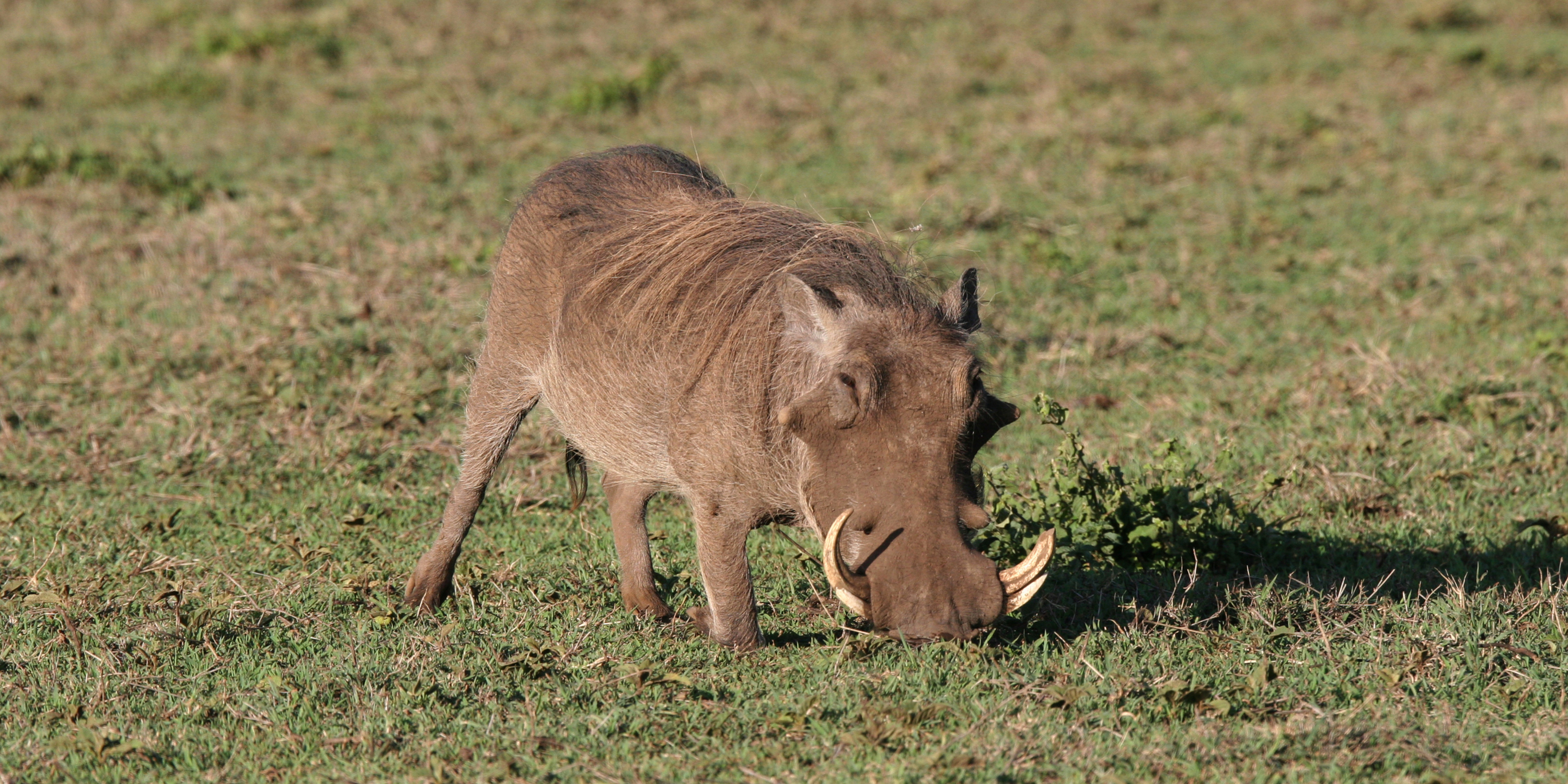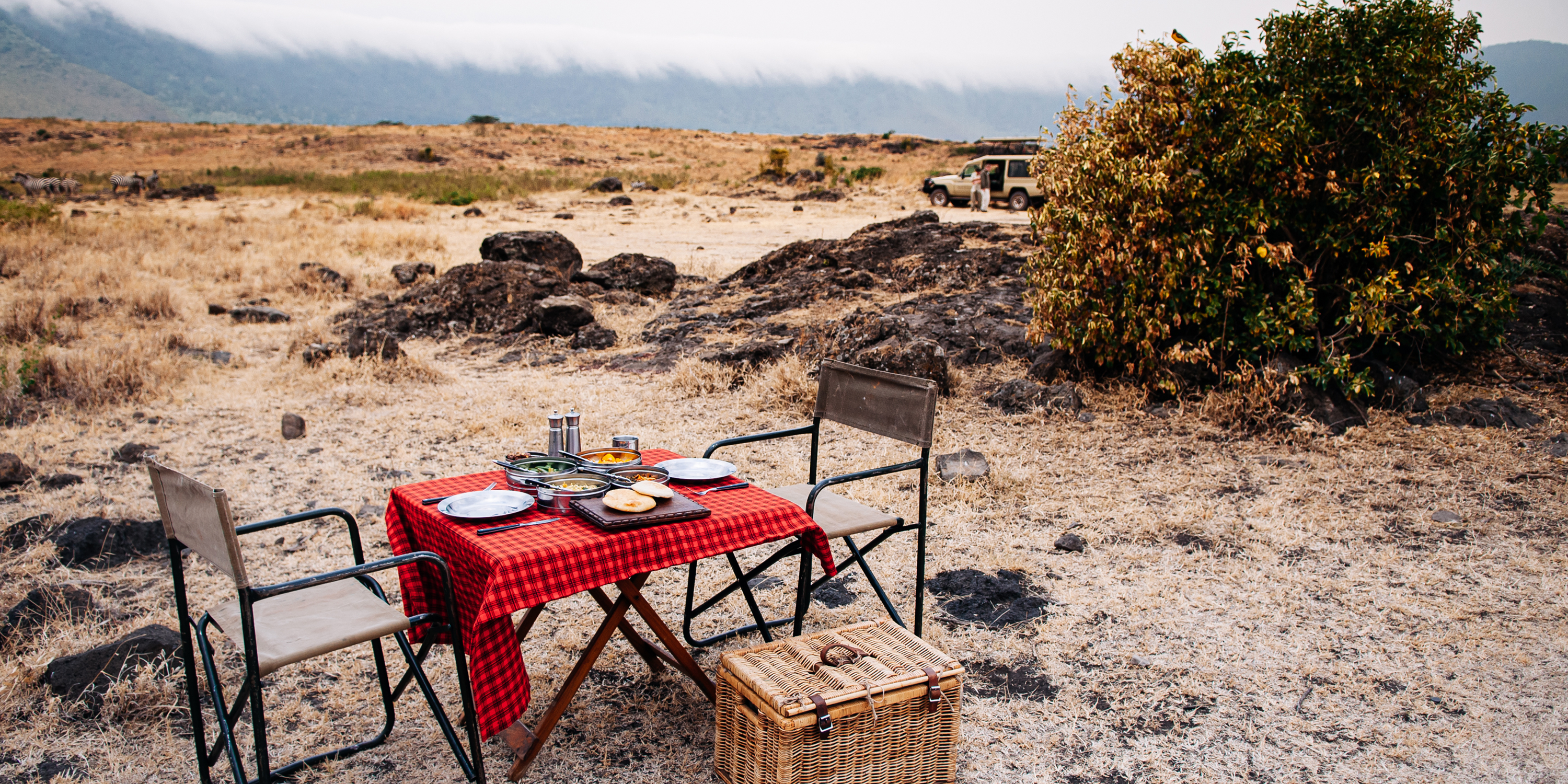Tanzania is noted for its beautiful scenery, diversified animals, and colorful culture. Tanzania has around 120 ethnic groups with different customs and cultures. Before a Tanzania safari, learn about the local culture. It respects local culture and enhances your experience.
Introduction to Tanzanian culture
With 120 ethnic groups, Tanzanian culture is rich in customs, traditions, and languages. Tanzania’s largest ethnic group is Sukuma, followed by Nyamwezi, Haya, and Chagga. Groups have different languages, cultures, and clothes.
Globalization and colonialism shaped Tanzanian culture. British and German colonization shaped Tanzanian culture. Western culture influences Tanzanian food, dress, and music.
Tanzanians Respect Deference
Tanzanians consider respect fundamental to life. Honor elders; they deserve it. Title them and greet them.
Tanzanian hospitality is cherished. When visiting someone’s home or neighborhood, bring a small gift or thank you. This conveys our gratitude for your hospitality.
Cultural taboos must be observed in Tanzania. Fingerpointing or exposing your ass is disrespectful. Avoiding public expressions of affection and dressing modestly are important.
Tanzanian Traditional Clothing
Tanzanian ethnic and regional groups dress differently. Maasai crimson shukas and beaded jewelry are famous. Chagga people wear colorful headscarves and kangas.
 Tanzanian traditional clothing is colorful and complex. Red is bold, whereas blue is soothing. Traditional attire is geometric and striped.
Tanzanian traditional clothing is colorful and complex. Red is bold, whereas blue is soothing. Traditional attire is geometric and striped.
Tanzanian safaris and outdoor activities require appropriate clothes. Light, neutral, and flowy clothing looks more natural. Wear comfy shoes and a hat to avoid the sun.
Safari Food in Tanzania
European, Indian, and Arab influences shape Tanzanian cuisine. Tanzanian staples include rice, beans, vegetables, and ugali. Pilau and grilled pork are popular.
Tanzanians share and value food. Use ugali or injera to eat with your hands. Dine with Tanzanians to experience their warmth and culture.
Try new dishes in Tanzania with discernment and an open mind. Try any thank-you gift. Wash your hands before and after eating for hygiene.
Tanzanian Dance and Music Meanings
Tanzanians celebrate and live with dance and music. Traditional music uses drums, rattles, and other percussion. Rhythms and gestures vary per ethnic dance.
Tanzania has many traditional dance and music events. Many resorts and cultural organizations host Tanzanian music and dance. Try these to experience local culture.
Understanding Tanzanian Social Customs
Tanzanian culture values social graces. Usually, people smile and shake hands. Greeting guests in a home or public place is polite.
Tanzanians communicate indirectly using body language and gestures. Be aware of nonverbal clues and respect others’ space.
Respect the cultural diversity of locals and tourists. Avoid political and religious topics unless requested. Listen and care about what others have to say.
Tanzanian Religion: Broad
Indigenous faiths, Christianity, and Islam dominate Tanzania’s religions. Islam ranks second in Tanzania after Christianity. Ethnic groups, especially rural ones, practice indigenous religions.
Tanzanian religion shapes culture, customs, and daily life. Tanzanian faith must be respected. Visitors to religious sites should dress modestly and be polite.
Value of Indigenous Traditions
Customs and traditions vary among Tanzanian tribes. Major Tanzanian tribes are Hadza, Sukuma, Maasai, and Chagga. Tanzanian society is rooted in tribal traditions.
Tanzania’s tribal ceremonies showcase its rich history and culture. Homestays, community visits, and cultural tours teach tribal culture.
Tanzania’s Cultural Value and Wildlife Conservation
Tanzanian culture values animal protection. The country has giraffes, lions, and elephants. These animals have long been part of Tanzanian culture.
 Tanzania’s national parks, game reserves, and conservation efforts conserve wildlife. Visit Tanzania to learn about these conservation efforts and ethically observe wildlife.
Tanzania’s national parks, game reserves, and conservation efforts conserve wildlife. Visit Tanzania to learn about these conservation efforts and ethically observe wildlife.
Tanzanian holidays and festivals
Tanzania has many festivals and holidays. Christmas, Easter, Eid al-Fitr, and Independence Day are significant. Celebrations include cuisine, music, dance, and traditions.
Attend Tanzanian holidays and festivals to learn about culture. Visitors can enjoy festivals, gastronomy, and dances. Observe regional customs at these festivities.
Safari meets Tanzanian customs
Tanzanian culture may enrich your safari. Take advantage of cross-cultural connections with these tips:
- Respect local traditions. Respect cultural differences and avoid disrespect.
- Learn some brief Swahili phrases: Communicating in Tanzania’s official language helps you connect and be courteous.
- Experience Tanzanian culture through cultural tours, local marketplaces, and traditional music and dance.
- Support your community by visiting local hotels or doing community-based tourism. This helps local communities and tourists.
- Responsible tourism: Follow park rules to protect wildlife and the environment. Decrease garbage and environmental damage.
Tanzanian safari guests must know local customs. Safaris are enhanced by Tanzania’s diverse ethnic groups, vibrant customs, and rich traditions. Tanzania could be gratifying and intense for those who respect cultural diversity, interact with people, and enjoy them. Enjoy your safari and learn about Tanzania.

